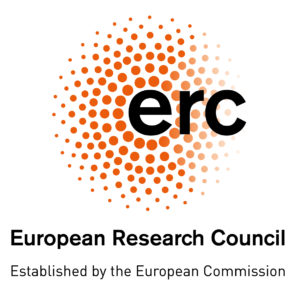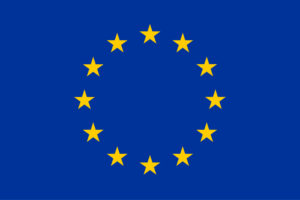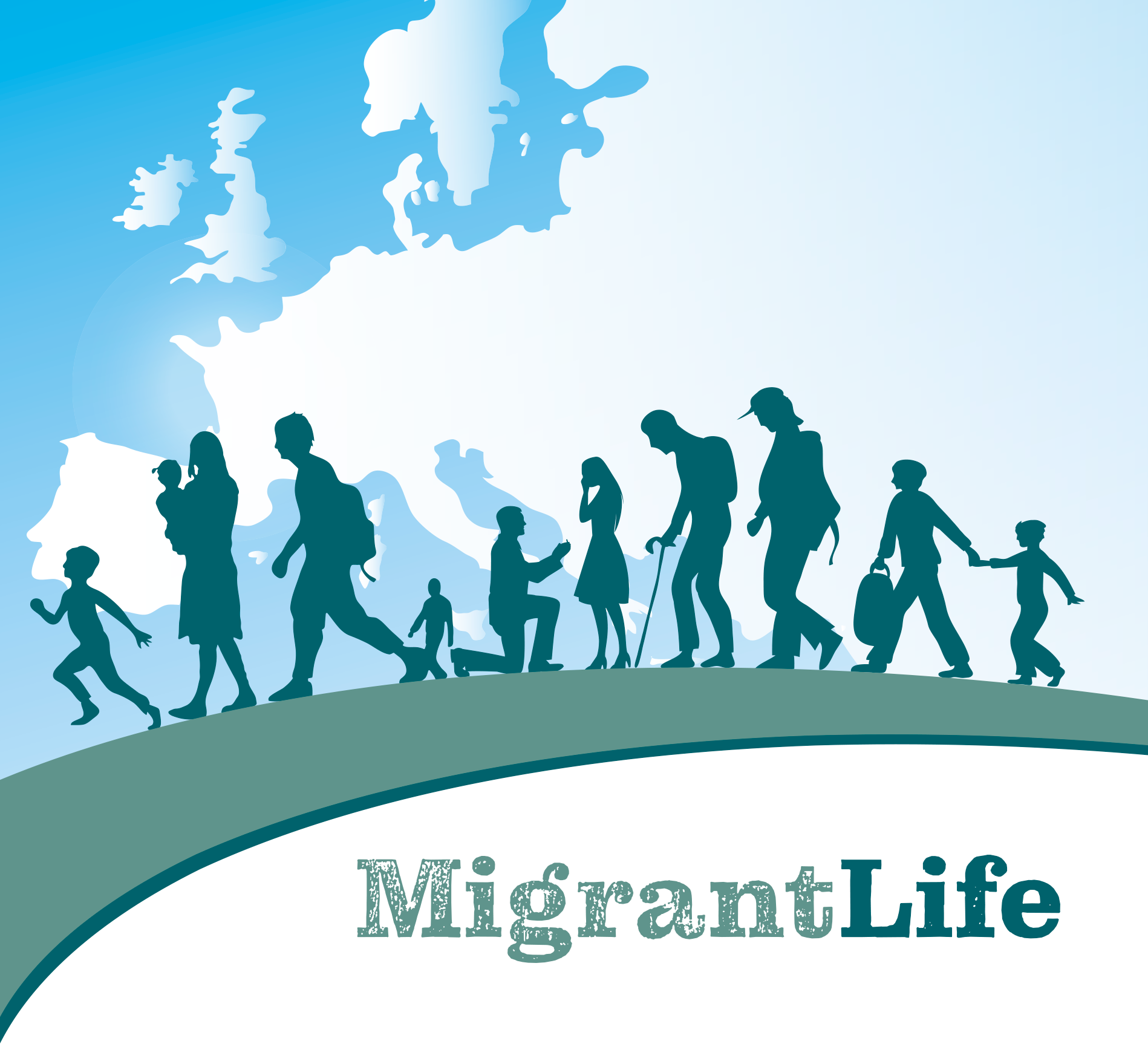The MigrantLife project (2019–2026) will investigate how employment, housing and family trajectories evolve and interact in the lives of immigrants and their descendants in the UK, France, Germany and Sweden; and how factors related to a societal context, an early life context and critical transitions shape their life histories. The study will project their future life trajectories using innovative computer simulation techniques, considering the main life domains and diversity between and within immigrant groups. The project will exploit large-scale longitudinal data from the four countries to deepen our understanding of the relationships between the three life domains, and the causes of less and more successful life trajectories among immigrants and their descendants. This project will show whether the current heterogeneity between and within immigrant and minority groups vanishes over time or rather persists, suggesting an increasing diversity of European societies.
Prof Hill Kulu: “The support by the European Research Council provides the opportunity to answer one of the fundamental questions in migration research in industrialised countries – whether the current differences observed between immigrants and natives in employment, housing and family patterns are short-term outcomes in a long-term process of cultural and economic integration or rather reflections of different pathways and outcomes for immigrants and their descendants? The intra-group heterogeneity in marriage patterns among the Caribbean population in the UK provides a good example. Some individuals form unions with partners of the same origin, some are in relationships with white British, some with partners of other ethnic minority groups, and some do not form a union at all. It is unclear whether this heterogeneity reflects cultural diversity or socioeconomic inequalities; and whether it is a temporary phase in the long-term cultural and economic integration or rather a sign of persisting socio-ethnic segments within British society.”
This project has received funding from the European Research Council (ERC) under the European Union’s Horizon 2020 research and innovation programme (grant agreement No 834103).


